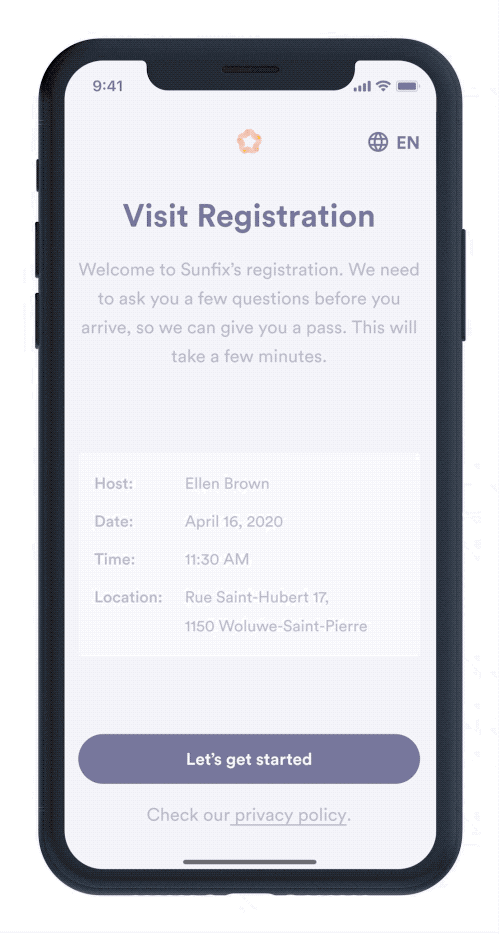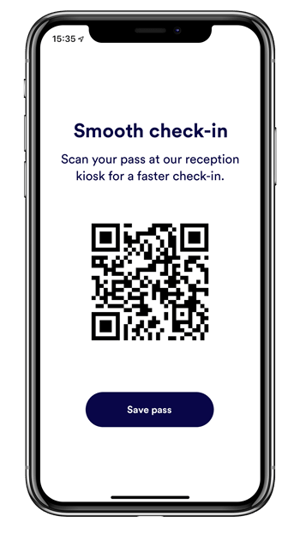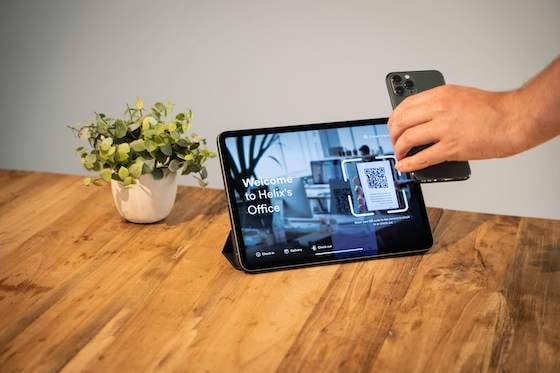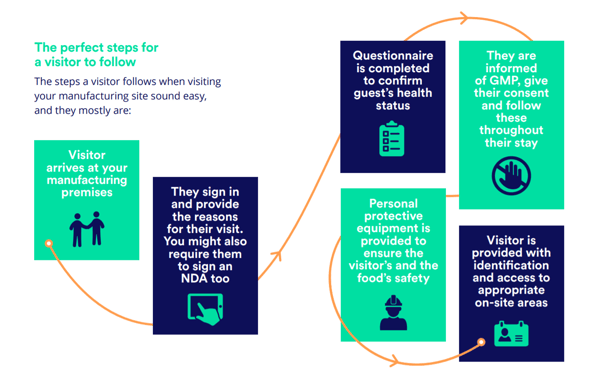Over the last few challenging months, we've witnessed increased pressure on all essential industries with workers at the frontlines of the COVID-19 pandemic.
Within the food manufacturing industry specifically, global demand for products like processed foods has spiked. Companies are working to meet this demand while facing the challenge of preventing the spread of the virus in the workplace.
When outbreaks like the ones in US meatpacking facilities occurred, for example, officials quickly implemented new health and safety workplace procedures. Some governments have faced union strikes, tasked with meeting important safety and compensation demands of essential workers.
But here's some good news. Based on April 2020 research by the Institute of Supply Management (ISM) in the US (for which survey responses were collected between March 17-30):
The US food and drink manufacturing sector has reported an increase in revenue by 8.8%. - Institute of Supply Chain Management (ISM)
As global lockdowns are being phased out, industry leaders have begun to pave the way for a new normal across supply chains and within workplaces. Many have defined (and even published) a concrete set of rules and processes to ensure health and safety in the return to work.
Getting Return Ready: How food manufacturers benefit from visitor management systems
While remaining in compliance with food safety regulations to prevent food tampering, breaches in confidentiality, and regular employee safety risks, food manufacturers today are facing a new set of responsibilities.
In returning to offices and facilities, leaders across the industry can’t ignore their duty of care to protect staff, visitors, and consumers of their products. In doing so, they may ask:
- How will organizations limit and manage essential employees and visitors on the premises as lockdowns end?
- What’s the most efficient way to screen visitors before they arrive, and once they come on-site?
- How will companies inform infected individuals on the premises of potential risks?
Cloud-based visitor management software can be crucial in solving these complex problems to ensure a Return Ready workplace.
Here are the reasons why visitor management systems are a must-have for food manufacturers now and in the future. (See the benefits of visitor management to other essential industries in our series of articles on chemicals, logistics, industrial manufacturing, data centers, and pharmaceuticals).
1. Screen employees and visitors before they get to your facility to prevent the possible spread of contamination.
Fully equipped cloud-based visitor management systems (VMS) allow for hosts to send any necessary health and safety information to visitors before they arrive at your facility.

Send guests customized questionnaires to screen them for health risks, along with mandatory health and safety instructions for arrival, videos, and images to ensure they're aware of all protocols on-site.
Using Proxyclick, leading convenience store food business Greencore found these types of custom questions at check-in to be helpful in vetting visitors for symptoms during the Ebola virus outbreak, as well as in complying with food safety regulations.
As I looked closer at Proxyclick, I could see it could do far more than just replace the signing-in book. There was an opportunity to change our whole approach and transform the experience of visitors before, during and after their visit. - Costas Moraitis, Head of IT and Business Relationship Manager, Greencore
2. Ensure a touchless check-in process to keep employees and visitors safe.
If visitors meet your organization's health and safety criteria in their pre-arrival screening, equip them with a unique QR code sent directly to their mobile device via email.

If visitors don't meet criteria, immediately deny them access to minimize health risks to employees.
Approved guests can scan their QR codes in a touchless check-in process at front desk kiosks or access control points like turnstiles, doorways, and elevators (via destination dispatch).
 This contactless check-in process helps limit human surface touching, thereby eliminating the need to consistently disinfect hardware or risk potential spread of the virus on door handles, touch screens, or other surfaces.
This contactless check-in process helps limit human surface touching, thereby eliminating the need to consistently disinfect hardware or risk potential spread of the virus on door handles, touch screens, or other surfaces.
3. Avoid unwanted (and unhealthy) visitors by allowing only approved visitors access to your building.
Only approved, pre-screened visitors with a QR code will be able to enter specified areas of the building during certain times of day.
This strengthened management of individuals on-site is not only important in meeting COVID-19 social distancing requirements, but also reduces risks of food tampering or espionage by unwanted visitors.
"All employers are expected to follow social distancing guidance, including food businesses, as far as is reasonably possible. Where the production environment makes it difficult to do so, employers should consider what measures may be put in place to protect employees." - UK Food Safety Association (FSA)’s guidance for food businesses on coronavirus
4. Access necessary visitor data while following data privacy regulations.
Within your visitor management system, you can track and report on visitor data in real-time to know exactly who is on your premises and when.
Given the possibility of asymptomatic infected individuals on site, you may learn that a visitor came in contact with an infected person days or weeks after their visit.
With visitor data from your VMS, you can track down the exact date and time of a person’s visit and access contact information to notify them immediately and discreetly of potential risks.
To help your company comply with local or national data privacy regulations, you can set your system to automatically delete visitor data (including any sensitive answers to health-related questions) after a specific number of days.

5. Stay compliant with current food safety regulations like the Food and Safety Modernization Act (FSMA).
While keeping employees and visitors safe from coronavirus is top-of-mind across industries, food and beverage manufacturers still have everyday obligations to uphold. Regulations like the FDA’s Food Safety Modernization Act (FSMA) impose strict rules for produce sanitation, proper transportation of food, avoiding intentional adulteration, and more.
It’s the food organization’s duty to follow these rules for the safety of its staff and customers. With the right visitor management system, you can ensure all health and safety guidelines (COVID-19 and non-COVID-19 specific) are met.
 You can also ensure no unwanted visitors access your site, quickly send emergency security alerts, and improve the provision of Personal Protective Equipment (PPE) for employees and visitors. (Learn more about how Proxyclick helps you comply with FSMA here.)
You can also ensure no unwanted visitors access your site, quickly send emergency security alerts, and improve the provision of Personal Protective Equipment (PPE) for employees and visitors. (Learn more about how Proxyclick helps you comply with FSMA here.)
Moving forward in food manufacturing
Across all essential and non-essential industries, this year has already introduced new challenges and a need for the right technologies in the workplace.
Organizations are working to define the new office normal and put necessary guidelines and systems in place to keep us safe.
But above all, one thing has become clear: companies have an increasingly important duty of care to put their people first.
They need to effectively protect employees, visitors, contractors, customers, and anyone else who sets foot on their premises from this virus and any others that may emerge. Flexible software solutions like visitor management systems, with the right features already in place, are must-haves to safeguard our people during these changing times.
To learn more about how Proxyclick is helping businesses get Return Ready right now, contact our team here.